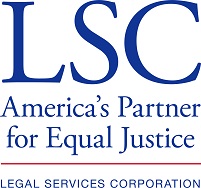Are you being evicted? Did your landlord say you must leave? If so, there are things you should know. Landlords are not above the law. In order to evict someone, they must follow the law.
A series of short videos on common topics related to housing law in Utah.
Una serie de videos cortos sobre temas comunes relacionados con la ley de vivienda en Utah.
This video reviews some common landlord-tenant myths. The video debunks those myths using Utah housing law.
Utah passed a law in 2017 that aims to help homeowners and apartment renters get rid of an invitee (“guest”) who won’t go when asked to leave. It allows the police or sheriff to arrest a “long-term guest” as a criminal trespasser.
You have specific tenant rights as a victim of domestic violence. You can get new locks or end your rental contract.
If your rent is legally increased and you receive a 3-day or 5-day notice to pay or vacate after failing to pay the increased amount, you must pay the increase – and all late fees imposed by a written agreement – or you risk being evicted.
If your landlord does not fix something that needs to be repaired, you have options. But be careful, you could end up getting evicted if you don’t follow the proper steps. Call Utah Legal Services to answer any questions about how to proceed.
If you will be away from your rental unit for a long period of time, it is a good idea to tell your landlord. If you do not tell the landlord, they may assume you moved and abandoned the unit. Anything left in the unit could then be considered abandoned as well. Getting back any personal property you left behind may be difficult.
Our Partners
Utah Legal Services is a Legal Services Corporation (LSC) grantee. We are required to notify donors that our funds may not be used in any manner inconsistent with the Legal Services Corporation Act or Section 504 of Public Law 104-134.

